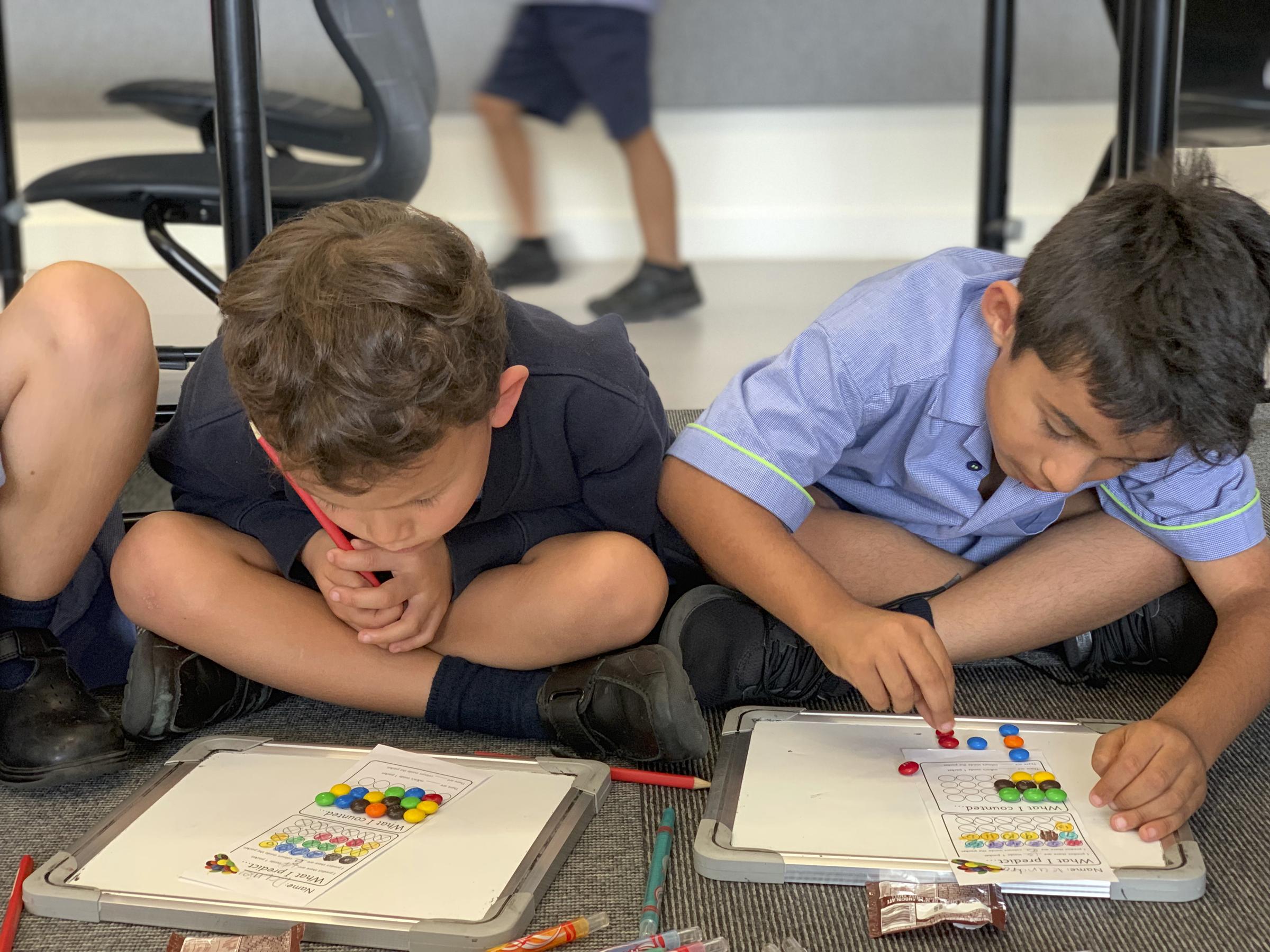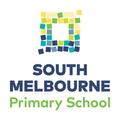Level 3 (Grade 1) News

Grade Codes
Grade 1A = Miss Adrienne
Grade 1B = Miss Megan
Grade 1C = Miss Sophie
Grade 1D = Miss Maddie
Grade 1E = Miss Lucy
Curriculum Newsletter
Welcome students and families to Term One. We hope you and your children have settled back into school routines and feel ready for the coming Term. It has been lovely seeing the growth - both physically and mentally - that the students have made over the summer. We have also been happy to see the friendships that students have maintained since Prep and the new friendships that have blossomed in the first few weeks of term.
As teachers, we recognise the differing levels and rates at which children learn and demonstrate their knowledge. If you do have any concerns about your child’s Grade One experience, whether it be a social or academic question, please do not hesitate to get in touch with your child’s teacher via Compass email. Feel free to book an appointment with your child’s teacher in order to discuss any concerns or worries without distractions.
In this newsletter, we will provide an outline of the topics and concepts that we will be covering in Term One.
Numeracy
MATHEMATICS is not about numbers, equations, computations, or algorithms: it is about UNDERSTANDING - William Paul Thurston
During Term 1, students will be developing their awareness and knowledge of the term 'Numeracy'. We will be extending students understanding of number sense and place value by exploring number patterns, relationships and order, in conjunction with inquiry problem solving.
Students will have opportunities to use concrete materials, including tens frames, bundle sticks, counters, blocks etc. to show their understanding and aid in their ability to explain their thinking. Students’ learning will be linked to real life examples to support them making connections and access their prior knowledge. iPad programs will assist in engaging and supporting repetition, accuracy and fluency of numbers.
Parents are encouraged to support their child at home by exploring Numeracy in their daily lives. For example, on the way to and from school each day, explore numeracy that you see and experience. This can be explored through; house numbers, shopping, how long events take, how many cars, colours, tram timetables, shapes in the environment etc. Students are also encouraged to practise counting, reading and writing numbers.
We have introduced a program called Maths Invaders. Teachers will provide parents with student log ins so this program can be accessed at home. We encourage appropriate usage of this app outside class time and for this time to be restricted and regulated; as we will in the school context.
Reading
This term, Grade 1 students are being supported to develop the skills to be life-long readers. A heavy focus will be placed on developing a classroom environment that allows students to partake in independent reading on a daily basis.
Independent reading allows students to build their reading stamina and provides them with an opportunity to work on their individual learning goal. An important part of independent reading is for students to learn how to self-select appropriate material to read, depending on one's purpose, interests and ability to read and understand the content. To teach this, we will be referring to the acronym: I PICK (I- I can choose a book, P- purpose, why do I want to read it?, I- Interest, does this text interest me? C-comprehension, do I understand the text?, K-know, do I know most of the words?).
An important part of the literacy success of your child is to be supported at home and this can be done through weekly home reading. Reading aloud to your child can be one of your best parenting experiences! We hope that you and your child create many loving memories as you explore children's books together over the coming year.
The reading patterns you establish at home directly influence your child’s ability to do well in school. One of our major goals this year is to help your child grow further as a reader. You have a big role to play in achieving this. The best way for your children to grow as readers is for them to read daily. With the support that we as teachers give in the classroom, and the support that you provide at home, each child progresses at their own rate, and we celebrate each achievement that is made.
Throughout this term, as your child is still learning to select texts that are “Just Right” for them, we ask that you support them by having discussions about the type of text they have chosen to take home as readers and how they know that it is a “Just Right”.
Writing
During Term One, we be focusing on and looking at examples of, and writing our own functional texts. Functional texts are pieces of writing that we can use in our daily lives. This genre of text includes lists, letters, menus, road signs, and timetables. You can support your child at home by asking them to find these examples in their everyday life. For example, have them help you write a grocery list or explore the tram timetable together.
In addition, we will be focusing on writing recounts, especially about our weekends. We encourage families to discuss the events of the weekend with their child on Sunday night or Monday morning, to help them practice retelling their experiences.
We ask that children bring in a photo on their iPad or a small object that represents an event that occurred over their weekends to help them develop their ideas and give detail to their recounts. For example, a child who went to the beach over the weekend may bring in a photo they took on their iPad or a seashell to help them remember their experience.
Inquiry
Term 1 in inquiry will allow for teachers to get to know their students and to build and develop strong relationships. Our inquiry topic for this term is ‘identity.’ The students will be learning about growing older and wiser. Together we will be focusing on the change we experience as we grow, how we express our emotions and how we deal with conflict. We will be implementing circle solutions and the growth mindset within our classrooms to create reflective and successful learners who are in touch with their emotions.
